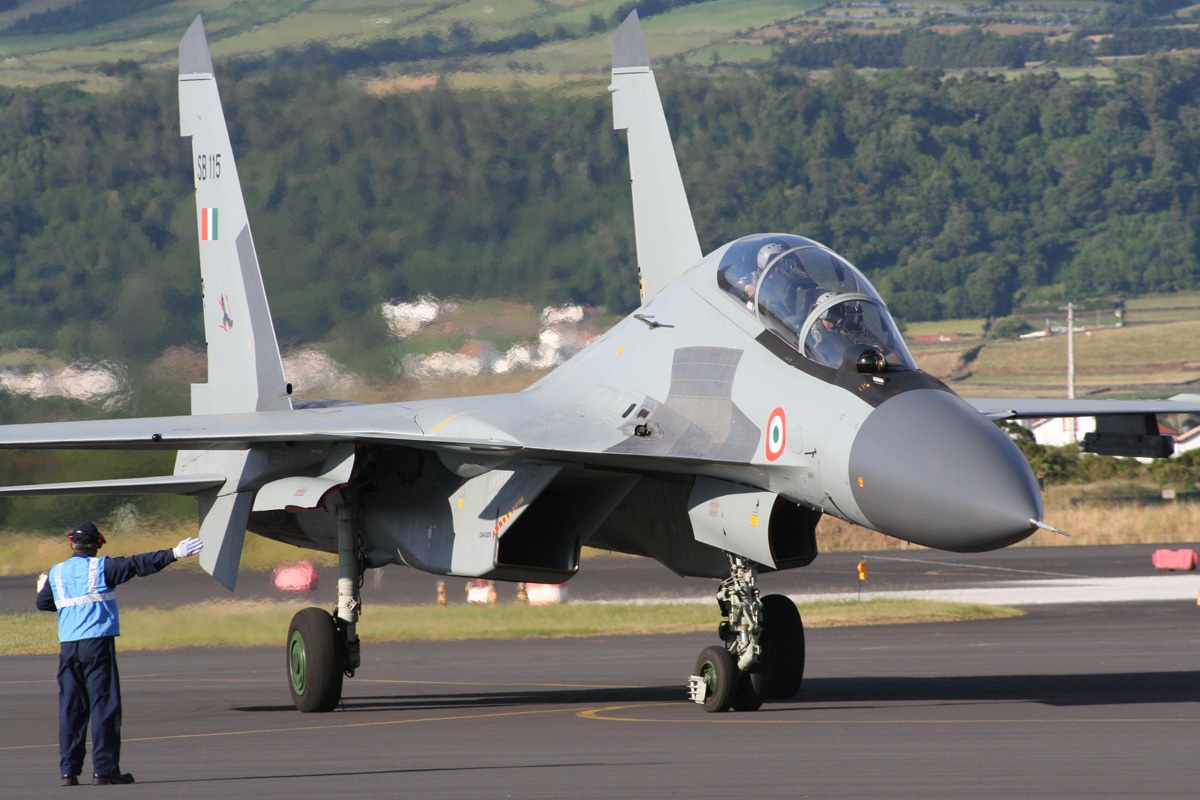India has recently acquired 240 engines to ensure the fleet remains airborne for years to come. The Sukhoi Su-30MKI, which was designed by the Russians, serves as the backbone of the country’s fighter jet fleet.
The Cabinet Committee on Security granted approval earlier this month, and officials subsequently executed a contract with Hindustan Aeronautics Limited (HAL), a state-owned company, to provide the AL-31FP engines.
The initial engine will be transferred to the Indian Air Force (IAF) after one year under the contract, which is valued at over 260 billion rupees or US$3.1 billion. All will be delivered within eight years, according to a Ministry of Defence statement, with a production rate of 30 units per year.
Currently, the engines contain 54% local content and are manufactured by HAL under a Russian license. Nevertheless, the organisation intends to increase the ratio to 63% by leveraging India’s defence manufacturing ecosystem. The ministry also stated that this would increase the indigenous content of the repair and overhaul tasks of the aero engines.
It was also stated that the Koraput Division of HAL would manufacture these aero engines, which are anticipated to meet the Indian Air Force’s operational requirements for the Su-30 fleet in order to maintain the country’s defence preparedness.
Despite the fact that Russia is upgrading its Su-30SM fighters with the more powerful and modern AL-41FS engines, India opted to maintain its reliance on AL-31FP engines.
Coincidentally, the IAF is purchasing twelve new Su-30MKIs from HAL for $1.3 billion in order to compensate for its losses. In September 2023, this acquisition was authorised.
In July, six of the air service’s approximately 260 Su-30MKIs participated in Exercise Pitch Black 2024 in Australia. The platform was lauded by the Indian detachment commander, Group Captain Ajay Rathi, who stated, “The aircraft is capable of executing strategic and tactical operations, as well as offensive and defensive missions, due to its superior payload capacity, thrust vectoring, and advanced avionics.”
His description of its primary capabilities included its manoeuvrability, firepower, long range, and effectiveness in contested environments.
A significant upgrade program for 84 Su-30MKIs was approved by India’s Defence Acquisition Council in November of last year. C.B. Ananthakrishnan, the Chairman and Managing Director of HAL, subsequently stated to The Economic Times, “The upgrade will involve substantial private-sector involvement, with HAL serving as the primary integrator.”
According to Air Chief Marshal Vivek Ram Chaudhari, the Air Force’s highest-ranking officer, the project will upgrade 51 aircraft systems, with 78% of the content being indigenous. The private sector will upgrade eight systems, while HAL is accountable for 30 elements.
The Virupaksha active electronically scanned array radar, a new electronic-warfare system, and a domestic infrared search and track system will be installed as part of the upgrade once it is implemented.
